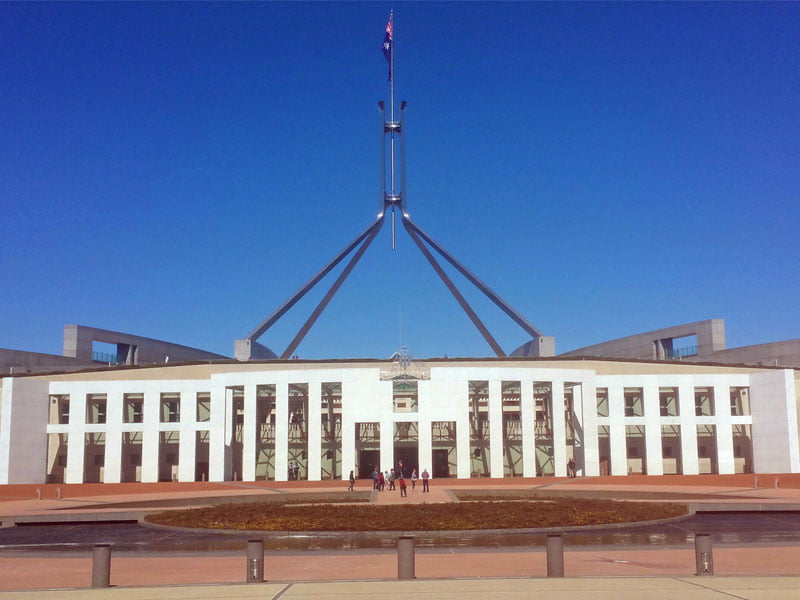The Coalition government has tweaked its skilled visa program in the wake of widespread criticism after a major revamp of the 457 visa program back in April, but the changes do not go far enough say industry representatives from the startup and university sectors.
The federal government scrapped the former 457 skilled visa program and created a new scheme called the Temporary Skill Shortage (TSS) visa. The move met widespread industry concern that the new scheme would cruel the flow of talent coming to work in Australia.
The new scheme chopped a large number of previously eligible roles for the new two-year and four-year visa classes and got rid of the option of permanent residency under the two-year scheme.

The big problem here was that CEOs and CIOs – and other categories important to the tech sector – had been placed in the two-year category, limiting their tenure here to a single two-year, onshore renewal.
This made it harder to recruit for senior exec positions overseas. Other critical IT roles where there are major shortages, such as IT security specialists, were also placed in the restrictive two-year category.
Cyber specialists and many other tech roles have been elevated to four-year visa slots.
“The Government recognises the importance of enabling Australian businesses to tap into global talent to remain internationally competitive and support a strong national science and innovation agenda,” said Peter Dutton, the Minister for Immigration and Border Protection, in a statement.
StartupAUS CEO, Alex McCauley welcomed the changes but said there was still work to be done in matching the skills list to the needs of young Australian tech companies.
“A range of cutting edge digital and technology skills are not included in the list despite extensive input by the sector to the Government’s consultation process,” Mr McCauley said.
“Things like UX and UI designers, digital growth specialists. Lots of digital skill categories that aren’t necessarily the same as traditional roles. A digital marketer is not the same as a mainstream marketer, said Mr McCauley.
Part of the problem for administrators managing the skilled visa program is being aware of new tech inspired roles as they come into being.
“We have been talking to them (Immigration Department) about this stuff for the last couple of months,” said Mr McCauley adding that he believed that action would be taken to update the list.
“Obviously it hasn’t come through in this update to the skills list, which is a bit of shame,” he said.
The other area Mr McCauley has chased reform is around the salary minimums imposed on companies seeking to employ senior executives from overseas.
Salary minimums don’t take equity into account, which Mr McCauley said limits access by startups to the visa regime.
“World class businesses need world class talent and that is what we are trying to build.”
“The minimum salary for CEOs was increased after they were popped back on the long-term list up to $180,000. The trouble for startups is that a significant portion of compensation payments including for CEOs is paid in equity and options – often a very large portion of the salary.
“To not take that into account substantially reduces a startup’s ability to access top talent.”
Like new wave digital roles, the equity payment issue had been raised with the Immigration Department.
“It would have been nice to see it addressed here but we certainly hopeful of working constructively with the government.”
Australian research institutions have also been on the government’s case over changes to the 457 visa scheme, saying the new TSS program has made it harder to recruit top mental muscle.
The program changes come just as especially US research talent eyes greener pastures to get out from under the anti-science agenda of US President Donald Trump.
Michael Biercuk, an experimental physicist and the Primary Investigator in the Quantum Control Laboratory at the University of Sydney, said the system where TSS employers were required to pay a training levy to help skill up local workers did not make sense for the university research sector.
“When we hire these junior post-doctoral fellows (offshore) a core part of their responsibilities is teaching PhD students or even undergraduates in our laboratories and sometimes our classrooms.
“That is direct training of next generation Australian scientists. To say we should also front up a levy to train next gen Australian scientists does not make a huge amount of sense.
“As a faculty member this levy is really just going to be levied on me which means I am going to levy it on the Australian Research Council, so it’s just the circulation of funds,” said Dr Biercuk.
Do you know more? Contact James Riley via Email.

